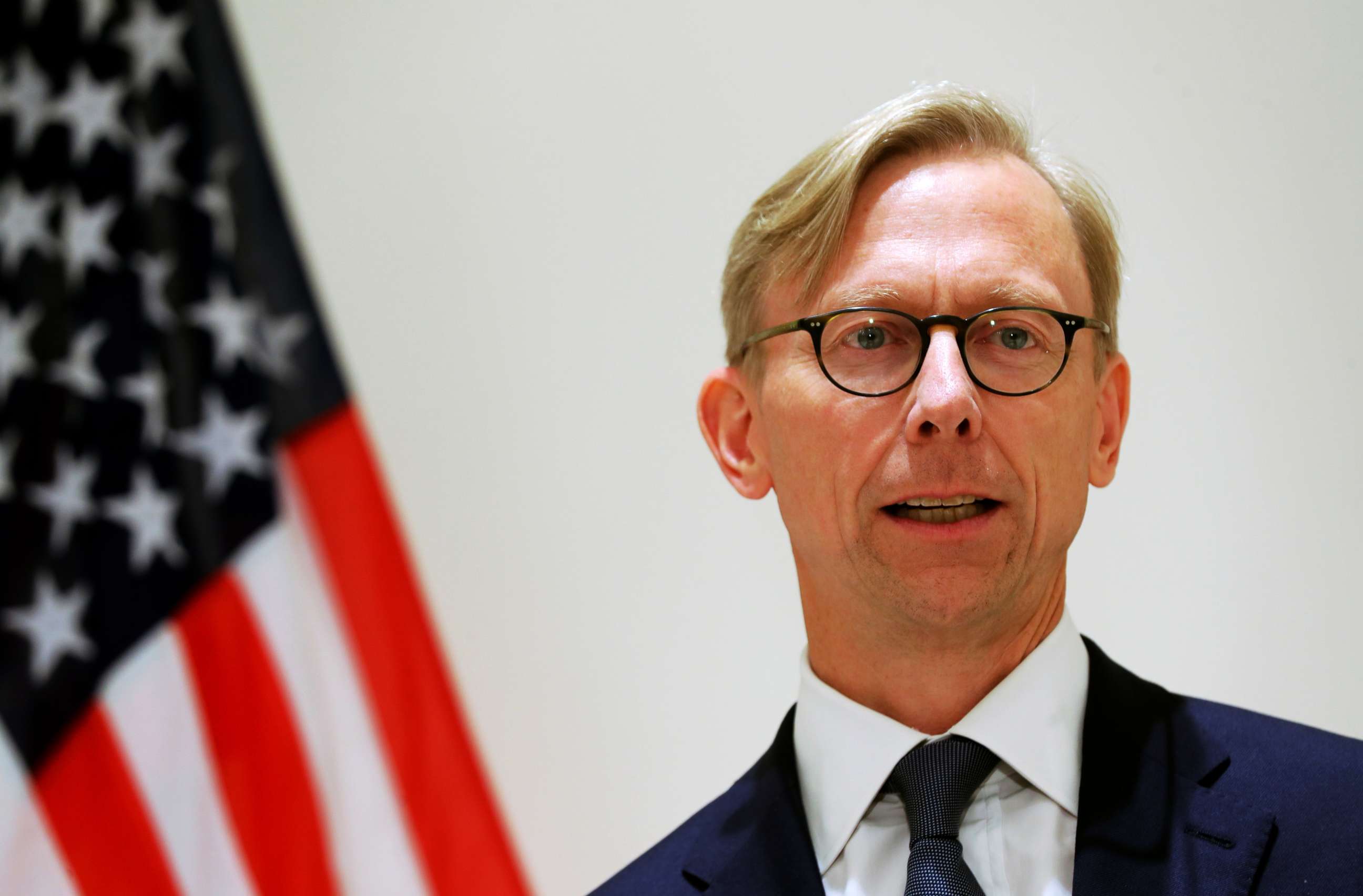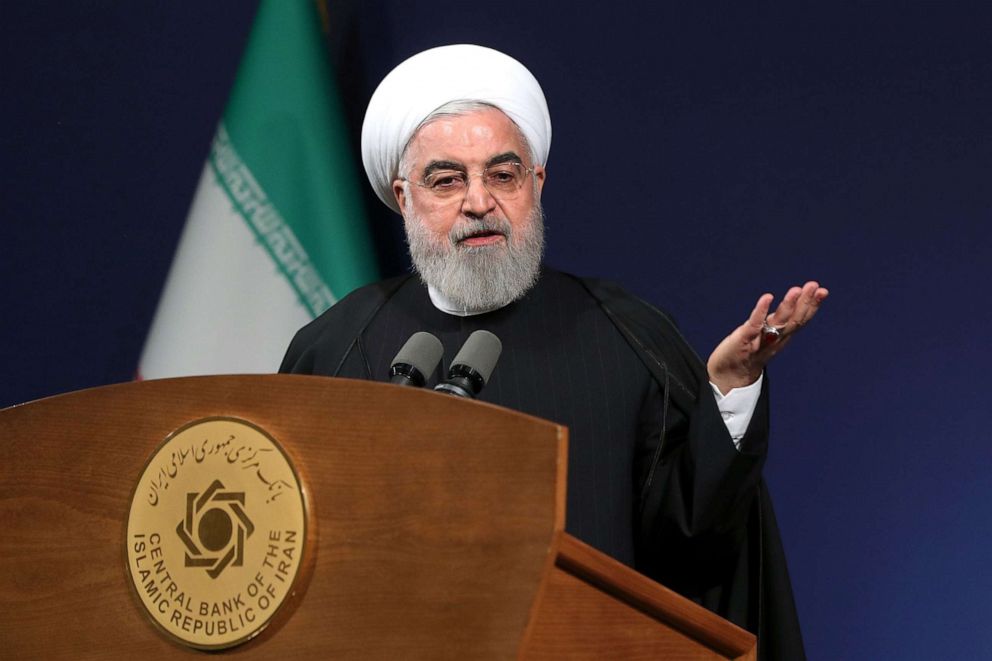US envoy for Iran Brian Hook says the Iranian government manipulates humanitarian aid to benefit its elite
Hook suggested that the U.S. is doing more to help Iranians than its own regime.
Brian Hook, the U.S. special representative for Iran, said Thursday that the Iranian regime had diverted humanitarian money and goods to its elite members.
"A big part of our Iran strategy from the very beginning is standing with the Iranian people instead of standing with the regime," Hook said when announcing the first successful transaction to Iran through a humanitarian channel based in Switzerland and new sanctions on an Iranian agency.
Alireza Miryousefi, a spokesman at Iran's U.N. mission, said in a tweet that the new humanitarian channel is "the best evidence that the longstanding & false US claims that medicine & food is exempt from its illegal unilateral sanctions."
"If they were, as the US always stated in response to Iran's complaints, "exempt," then why require this special channel?" he wrote in a Twitter thread. "Therefore, paying lip service is not enough, we need to see concrete action than mere words. Regardless, the US' economic terrorism against the Iranian people does not end with this one decision, because US is not a trustworthy party."

The humanitarian channel, announced in October 2019, was created so that the Iranian people could receive humanitarian goods in the midst of the White House's maximum pressure campaign, which includes heavy economic sanctions.
"The Iranian regime's corruption and economic mismanagement frequently diverts resources away from the Iranian people, so it can finance warfare in the gray zone," the envoy to Iran said Thursday.
He later accused the regime of using front companies to receive humanitarian goods, then diverting the goods to the elite or to sell on the black market.
Hook said the first transaction completed through this channel provided drugs for cancer and transplant patients in Iran.
"There will be more companies that I have been talking with so that we can facilitate, especially medicine and medical devices, so you can expect to see more transactions moving through this," he said.
In the same press briefing on Thursday, Hook also announced new sanctions on an Iranian government nuclear agency targeting its chief officer following the country's recent violations of nuclear proliferation.
"The Atomic Energy Organization of Iran has played a big role in Iran breaching its key nuclear commitments. It has exceeded the limits on its uranium stockpile and enrichment levels," Hook said in the State Department press briefing.

He later said that AEOI's leader Ali Akbar Salehi was also personally involved in the efforts to expand Iran's uranium enrichment capacity.
AEOI's spokesman Behrouz Kamalvandi responded to the announced sanctions, saying that the actions were an act of desperation and that Iran's nuclear program would continue.
The sanctions came along with Hook's announcement of renewed waivers to allow China, Russia and the EU three -- Italy, Germany and France -- to continue their work on nonproliferation projects at Iranian civilian nuclear sites. By allowing continued work, these countries can continue monitoring and constraining "Iran's nuclear capabilities."
The renewed waivers will last for 60 days.




